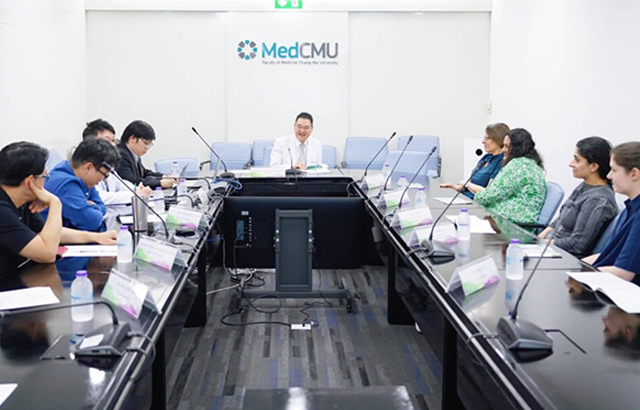Queen Mary University and Partners Secured £2.2 Million for Disease Management Trial in Thailand
The UK-Thai team will pilot a ‘Learning Health System’ approach in Thailand, which uses patient record data to help primary care doctors identify people who are at high risk of diabetes, kidney disease, or high blood pressure (hypertension), and inform their care. Queen Mary’s Clinical Effectiveness Group (CEG) has been implementing this approach over the past 30 years, with NHS North East London, and this opportunity will allow them to share their expertise with others across the world.
The programme has life-saving potential: analysis by the World Health Organization estimates that effective control of hypertension in Thailand over five years can prevent more than 14,000 deaths, 27,000 strokes, and 18,000 heart attacks. Software tools, performance dashboards, training and facilitation will support doctors to work proactively with their patients to manage controllable risk factors and prevent diseases from developing or getting worse. The team will pilot the approach in 16 primary care practices in Thailand and evaluate the impact before rolling it out across the country.
Rohini Mathur, Epidemiologist and Professor of Health Data Science at Queen Mary, said: “The programme combines CEG’s experience in delivering Learning Health Systems with the local leadership and expertise of our partners in Thailand. Together we will target specific disease areas where we know an intervention can make a huge difference to health equity and outcomes for the Thai population. Thailand has invested heavily in its primary health care system and the technologies to capture data about clinical care. We are excited to be working with colleagues in Thailand to close the loop and use health data for the benefit of patients.”
This research was funded by the National Institute for Health and Care Research (NIHR) Global Health Research Groups programme, using UK international development funding from the UK Government to support global health research. The British Council provided additional support.

